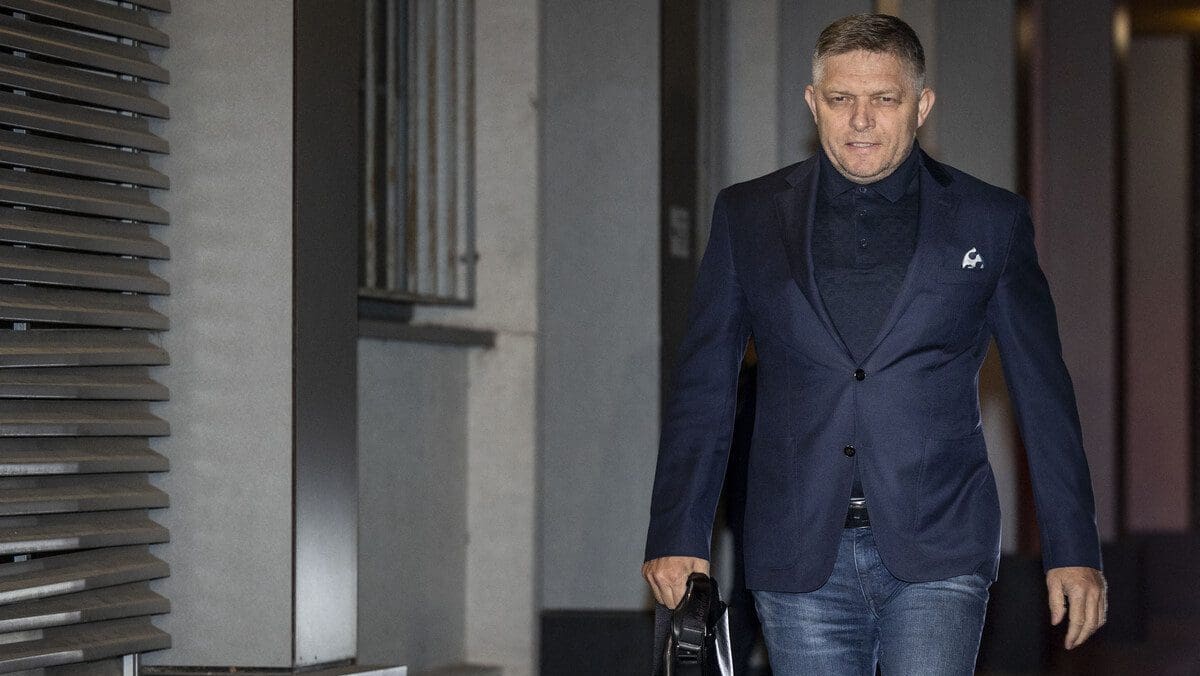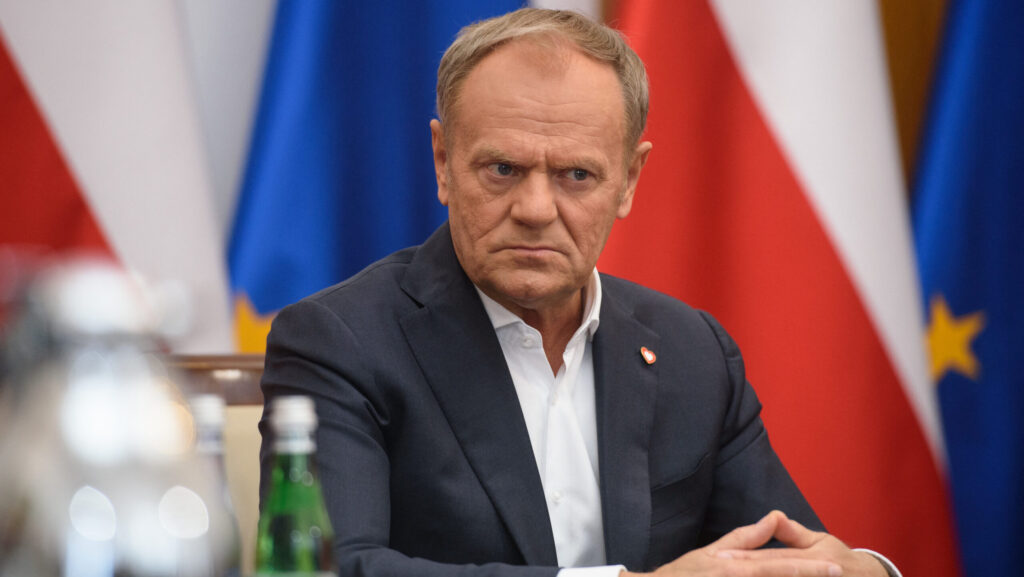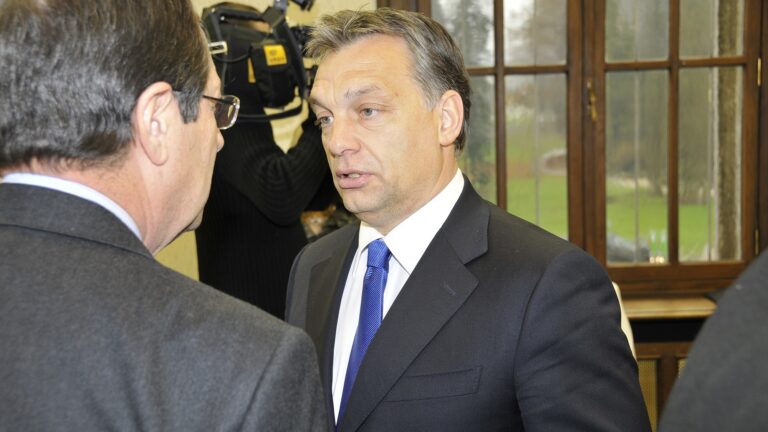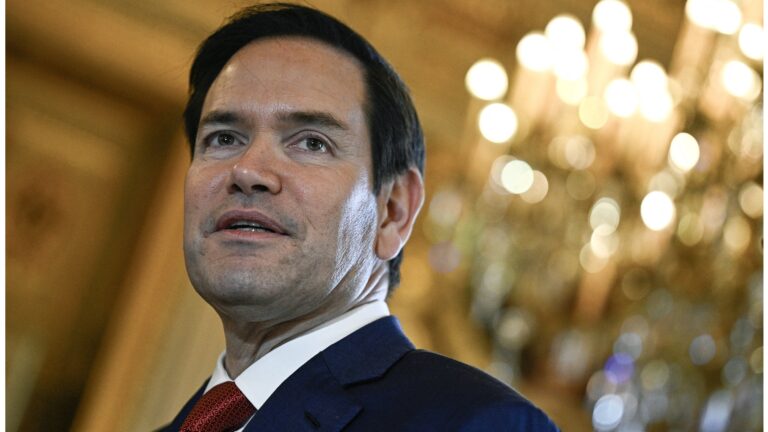Fulfilling the predictions of the recent polls, the SMER party has won the early elections in Slovakia. Robert Fico will likely be elected prime minister for the fourth time in the history of the Central European country.
A prolonged stalemate in Slovakia, which has existed since December 2022, definitely ends. Shortly before last Christmas, the Slovak government lost a vote of confidence in parliament as a result of long and deep internal tensions. However, the country’s president, Zuzana Čaputová, did her best to announce early elections as late as possible. Thus, the country was led by governments whose mandate was highly questionable for almost ten months.
It is surprising to many that this state of affairs has been criticized neither by the European Commission nor human rights organizations. Until April 2023, Prime Minister Eduard Heger was essentially able to ensure the parliamentary background for the government’s operation. Still, his follower in the velvet seat, Ľudovít Ódor, appointed by the head of state, could no longer do so and led the country without parliamentary support. This anti-democratic era is ending now, and it seems the voters have punished the progressive-liberal side for delaying democracy for almost a year.
According to the election results, the National Council of the Slovak Republic will consist of seven parties. With 99.9 per cent of the votes processed, Robert Fico’s party, SMER-SSD, reached 22.95 per cent, equivalent to 42 seats in the 150-member parliament. The liberal party, Progressive Slovakia, finished in second place but fell short of pollsters’ expectations in terms of vote share. With their 17.95 per cent result, they will occupy 32 legislative seats.
Robert Fico’s former ally, Peter Pellegrini’s party, Hlas–Social Democracy, took third place, collecting 14.71 per cent of the votes, i.e., 27 parliamentary seats. The winner of the previous elections, OĽANO a priatelia (Simple People and Independent Personalities and Friends), will also enter the parliament with their 8.90 per cent result (16 seats). The long-established KDH (Christian Democratic Movement) will obtain 12 seats thanks to their 6.83 per cent result. The liberal SAS (Freedom and Solidarity) and the radical SNS (Slovak National Party) also made it to parliament. The former will occupy 11 and the latter 10 seats in the National Council.
As is usually the case, intensive government formation negotiations are expected to begin in the next few days. Based on customary law, President Zuzana Čaputová will probably appoint the winner of the elections, Robert Fico, to form a government. Fico is in a better position than was expected based on opinion polls since, with the help of his former ally, Peter Pellegrini,
he can even choose whether to ask the KDH or the SNS party as a third government partner.
The coalition will obtain a constitutional majority if a four-party government is successfully formed.
In the hypothetical case that Pellegrini was not to side with his former party partner, mathematically, a government could still be formed, but at the same time, it would require deals hard to imagine, and stability, which Slovakia has longed for, would be under constant jeopardy. In this case, despite profound worldview differences, a Christian-liberal coalition would needed to be formed, backed by the party Hlas. If that does not materialize either, then there is an even more unlikely scenario where the two most antagonistic figures of Slovak politics, former PM Igor Matovič and his then Minister of Finance Richard Sulík, who had already brought down two governments himself, agree to cooperate and form a government. Given the history of the two, that scenario seems virtually impossible. It would not be in Pellegrini’s interest, either, who could safely prepare for next year’s presidential election alongside Fico’s premiership.
Although it seemed possible until the first exit polls that the Hungarian community would be represented in the Slovak parliament after many years of pause, this finally did not happen.
The Hungarian election party, Szövetség (Alliance), won 4.39 per cent of the votes, just under the five percent parliamentary threshold.
The disappointing result does not bode well for the community, which has been declining in numbers for decades. The greatest hope of the ethnic Hungarian people living in Slovakia is that Robert Fico, who has developed a close relationship with Hungarian Prime Minister Viktor Orbán in recent years, will really want to become the prime minister of every citizen of the Slovak Republic.








